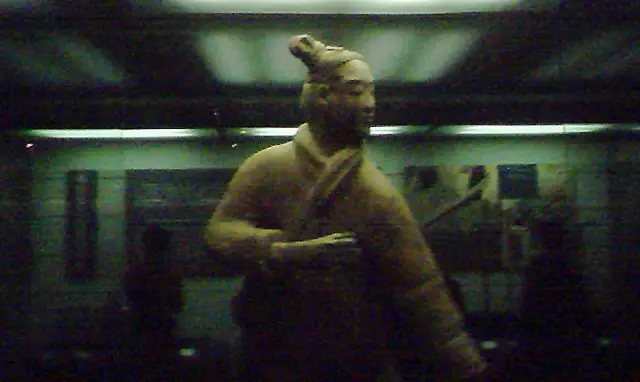Iran and six world powers on Wednesday started to make the final diplomacy efforts before the July 20 deadline to find the solution for Tehran's nuclear program in Vienna amid uncertainty and gaps.
In the next three weeks, Iran and so-called P5+1 group, five permanent members of the United Nations Security Council plus Germany, will engage in talks seeking a comprehensive deal which would address international concerns over Tehran's disputed nuclear program and put an end to the decade-old standoff.
The talks are supposed to be the last opportunity to reach a final deal by the deadline of July 20, when the Geneva interim deal is set to expire.
In November 2013, Iran and P5+1 group reached a landmark interim deal in Geneva, under which Iran would suspend some sensitive nuclear activities in exchange for limited sanction relief by western nations.
The talks are believed to be a tough diplomatic process due to the remaining big gaps, and there was no significant progress in last round of talks in Vienna.
Powers demand that Iran significantly scale back its nuclear program to address the world concern of its nuclear program, while Tehran insists its nuclear right is inalienable.
Ahead of the talks, Iranian Foreign Minister and also Iran's chief nuclear negotiator Mohammad Javad Zarif in a video message posted on YouTube said there is a unique opportunity in the next three weeks to make history by reaching a comprehensive agreement over Iran's nuclear plan, if sides involved in the talks use mutual respect in negotiations.
U.S. Secretary of State John Kerry wrote in the Washington Post on June 30 that Iran's leaders can "agree to the steps necessary to assure the world that their country's nuclear program will be exclusively peaceful," or squander a historic opportunity to end Iran's isolation and improve the lives of their people.
There was a trilateral meeting Wednesday between European Union foreign policy chief Catherine Ashton, Zarif, and U.S. Deputy Secretary of State William J. Burns.
Western states have long suspected the real intention of Iran's atomic plan, saying Iran might covertly develop nuclear weapon, an allegation Tehran denies.
 简体中文
简体中文

